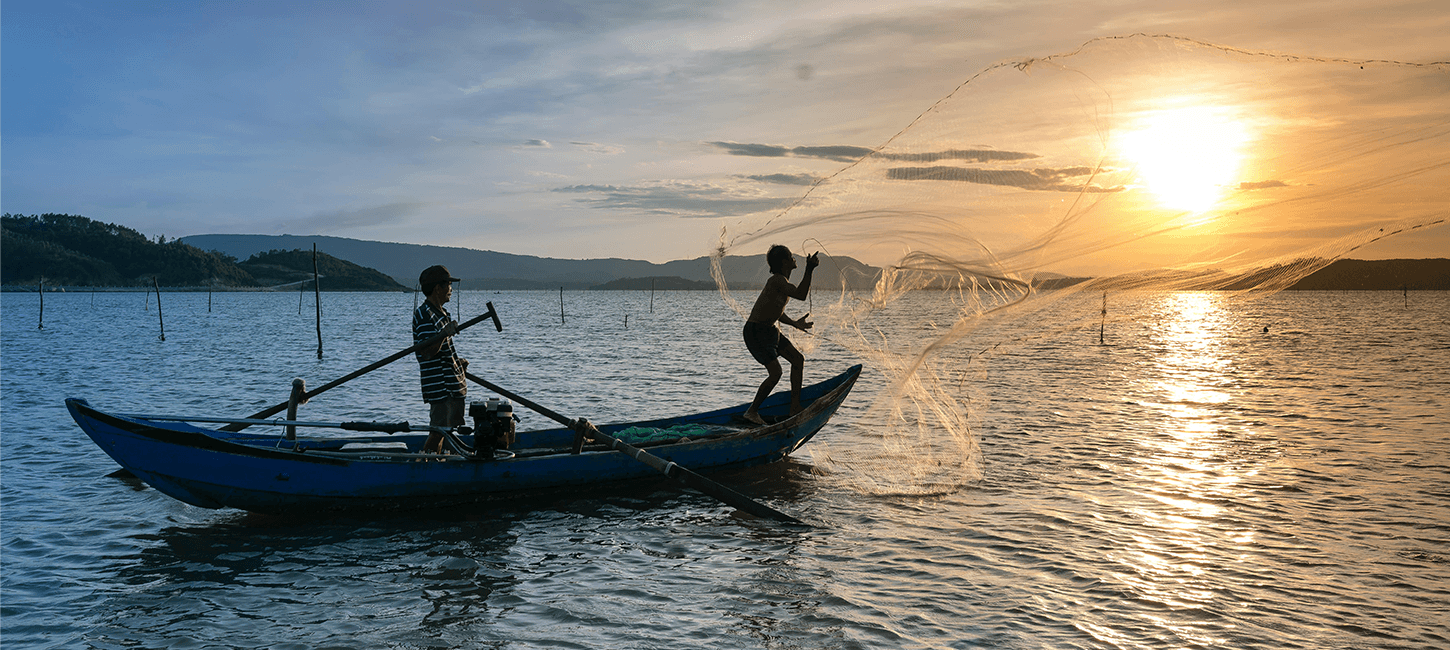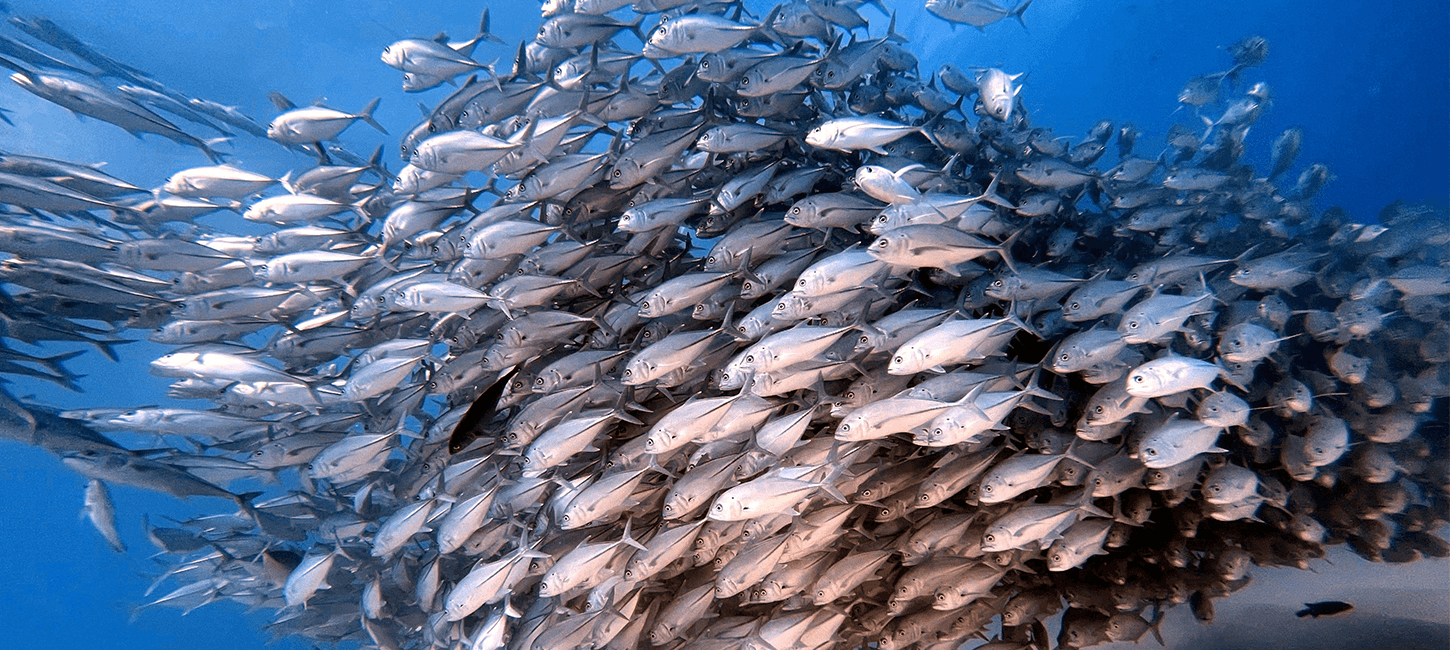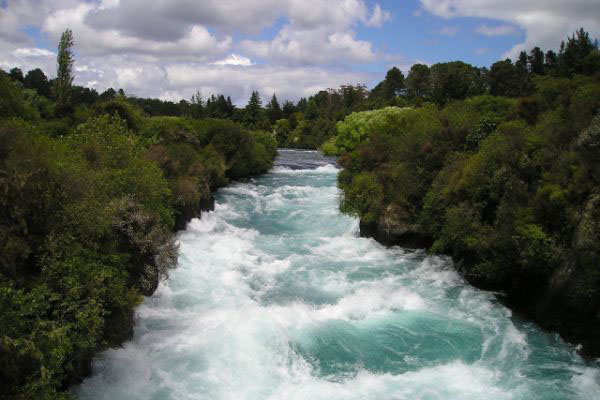Articles / insights / Sustainability / Water reuse / Water technology
World Fisheries Day
World Fisheries Day
October 31, 2024
World Fisheries Day
World Fisheries Day is a global initiative dedicated to highlighting the importance of fisheries and aquaculture in ensuring the well-being of our planet and its inhabitants.
This day serves as a reminder of the critical role that fisheries play in providing food, employment, and economic opportunities for millions of people worldwide.

World Fisheries Day is a global initiative dedicated to highlighting the importance of fisheries and aquaculture in ensuring the well-being of our planet and its inhabitants.
World Fisheries Day 2024
World Fisheries Day is celebrated annually and in 2024 it will be on Thursday, 21st November.
This year, it highlights the importance of sustainable fisheries management and draws attention to the crucial role of small-scale fishers in ensuring food security and livelihoods for millions around the world.
There is no actual website for World Fisheries Day although multiple organisations have an allegiance to it.
Google states: ‘The World Fisheries Day is hosted by the Food and Agriculture Organisation (FAO), Department of Fisheries and Aquaculture and the World Food Programme (WFP). The first two are US government organisations whilst the latter is an international humanitarian aid organisation based in Rome.’
Interestingly, the WFP is not UN-funded but says it relies of donations from over 60 governments to keep it afloat.
Sustainable Aquaculture
Of interest to us at Arvia is aquaculture. This intensive fish-farming method relies greatly on water quality and even in off-shore facilities, our water treatments have found uses, whilst in Recirculating Aquaculture System (RAS) on-shore systems, our systems are ideal for controlling water quality.
In RAS installations, there is an ongoing risk of significant stock loss due to biosecurity lapses, often necessitating the use of antibiotics or other medicines to counter organic build-up. The active pharmaceutical ingredients (APIs) from these treatments must be removed from the water to prevent microbial resistance. Arvia’s Nyex™ systems are ideally suited for removing numerous APIs and endocrine-disrupting compounds (EDCs) down to parts per billion levels.
Furthermore, fish grown in an RAS may develop off-flavours from compounds like geosmin. While not harmful or toxic, these off-flavours can diminish the value of the harvest. Nyex™ is highly effective at removing these compounds. More information can be found here.
Protecting Marine Life
The fishing industry is worried about over-fishing and other countries’ boats ‘poaching’ their stocks.
Over-fishing can be controlled by international co-operation as was proven in the North Sea for many years, whilst unlicensed fishing normally requires rather more forcible means to enforce.
The other less spoken-about issue facing the whole of the fishing industry is that of pollution which is also responsible for depleting stocks and will have more of an impact in the future. We’re not talking about microplastics or human waste, although these are real problems too.
What we’re focussing on is far more insidious: families of chemicals that do not easily break down in water – essentially chemicals that will continue to pollute for many years.
These chemicals – PFAS, endocrine disruptors and many antibiotics, are present in ever-growing amounts in river and sea water and pose a far bigger threat to the whole of the fishing industry.

World Fisheries Day is celebrated annually on November 21st to highlight the importance of sustainable fisheries management
PFAS: Threat to the Environment
PFAS, endocrine disruptors and antibiotics are now found in almost every sample of water in lesser or greater proportions. All of these chemicals are in everyday use in most countries – they’re within manufactured products or medicines – and all can harm marine and human life.
- PFAS: is found in cookware, water-repellent clothing, stain resistant fabrics, some cosmetics, and products that resist grease, water, and oil. They can lead to health problems such as liver damage, thyroid disease, obesity, fertility issues and cancer.
- Endocrine disruptors are found in many everyday products, including cosmetics, food packaging, toys, carpets, and pesticides. They can cause major damage to marine and human life including behavioural and reproductive issues.
- Antibiotics: Anti-Microbial Resistance (AMR) threatens the effective prevention and treatment of an ever-increasing range of infections caused by bacteria, parasites, viruses and fungi. This is down to antibiotics in water due to over-prescribing, agricultural run-off and dumping.
These synthesised chemicals do not easily break down in water and are often found in industrial wastewater and agricultural run-off.
Current Waste Water Treatment Plants (WWTPs) do not have the technology to remove these recalcitrant compounds and more worryingly, current industrial discharge regulations in most countries are not concerned with them either!
In some countries, notably in Europe and the USA, some PFAS compounds are starting to be banned, but many are still in use in everyday products – even food packaging. So whilst this continues, our river and oceans will become more and more polluted.
But there IS a way out ….
How Arvia are Helping the Fishing Industry
The vast majority of PFAS, endocrine disruptors and antibiotics can be removed by using electrochemical treatments.
As one of the world’s leading developers and manufacturers of electrochemical water treatment systems, Arvia are well placed to offer a range of systems using their unique Nyex™ technology to treat water – in effect, to give it a second chance.
Commercial fishing is vitally important to many millions of people around the world and feeds billions more. At Arvia, we salute everyone involved in fishing on World Fisheries Day 2024.
More featured articles
01.31.2023

We discuss sustainable water management and how specific industry sectors would benefit by adopting water stewardship.
07.7.2021

Why any company that discharges water needs to be ready to be put under the microscope.
03.16.2021

The scarcity of water is pushing up its price. As a result, water recycling is becoming increasingly important in many industries. In this article we examine how Arvia’s unique technology can be a vital part of a cost-effective water recycling system in pharma.
Our wastewater treatment expertise
Our water technology can be used to treat a variety of water treatment applications. Once we understand the nature of your wastewater and your final water quality target, our water treatment specialists can make recommendations as to how best to treat your water. Take a look at some of the Nyex applications here:
Need help? Speak with an expert